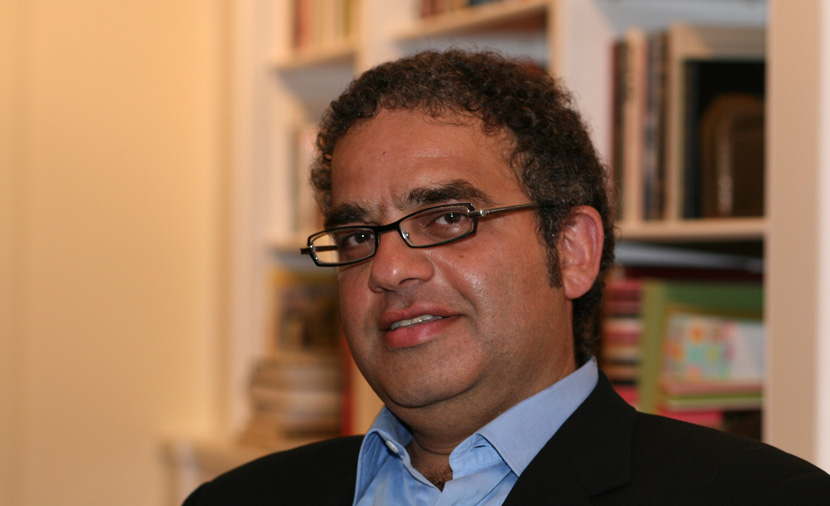Modern Hebrew literature
“I placed a loaf of bread and some olives in my pack . . .”
In his prize-winning new novel, Reuven Namdar asks whether American Jewry is a house on fire. His answer is. . . .
Yes, argued Hayyim N. Bialik, one of the great poets of the early 20th century. He wanted to “reprogram” Hebrew for mundane use by stripping. . .
Israel’s thriving literary culture now encompasses a sizable number of talented expatriate writers, some of whom have made no secret of their lack of interest. . .
The Nobel-Prize winning Israeli novelist S. Y. Agnon was one of the pioneers of twentieth-century Hebrew literature. He is known for the sophisticated, allusive, sometimes. . .
Modern Hebrew is blessed with an abundance of literary translators. But can the allusive and often strange language of its greatest masters really be rendered. . .
Four of the greatest modern Hebrew poets have been chosen to grace Israel's new banknotes. For non-literary reasons, all four choices have come under fire.

